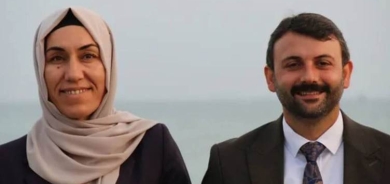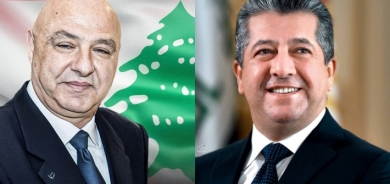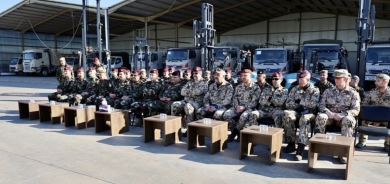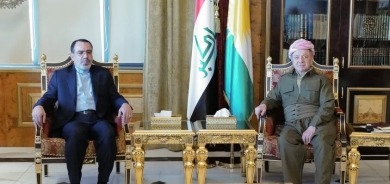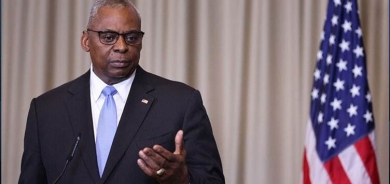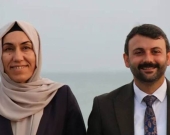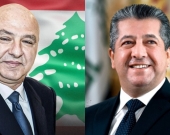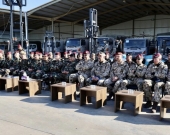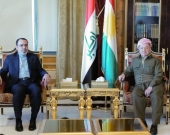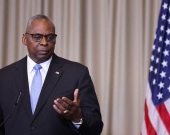Kurdistan Parliament of Iraq and civil society set road-map to improve cooperation

“At the end of the year, all the parties will agree on a policy document on cooperation, but it is in fact through the process of active debates and discussions that authorities and civil society will get the chance to develop a common vision on how their sectors can work better together for the benefit of citizens” says Adam Styp-Rekowski, Civil Society Programme Manager at the United Nations Office for Project Services (UNOPS), which facilitates this consultation process with funding provided by the Government of Denmark.
This type of policy documents has played an important role in strengthening civil society and its participation in public life in many European countries transitioning to democracy. It serves as a concrete plan for how to improve and institutionalize cooperation and relations between authorities and civil society in a range of areas. Among these could be the participation of civil society in the public decision making process, legislation, role in provision of public services, monitoring the occurrence of corruption and the protection of human rights. It can also outline institutional means of supporting civil society such as provisions for state funding for NGOs.
“We fully support this project as it will increase civic participation in public life and hence contribute to the process of democratisation of the Kurdistan Region,” says Dr. Arsalan Baiyz , Speaker of the Kurdistan Parliament of Iraq.
At the start of the process, selected leaders from parliament, government and civil society will receive training and be exposed to successful international practices to understand the benefits that could be reaped from this kind of policy. These leaders will later facilitate regional discussions and will inspire and mobilise their peers to participate in the consultation process to ensure that all stakeholders feel ownership of the final agreement.
The first draft of the policy document will be prepared in October of 2012 and will be used as a basis for discussion in the region-wide consultations among civil society organisations, which will follow. After revising, adding and cutting from the starting document, civil society will come up with their preferred version of the document which in turn will be used in joint roundtable meetings between civil society, the Kurdistan Parliament of Iraq, and the Kurdistan Regional Government where the final draft will be agreed on.
Looking forward to the consultation process, Salah Y. Majid, Programme Coordinator, for Harikar NGO in Dohuk says that “the adoption of this agreement would improve relations between public authorities and NGOs as it would help everybody to know their roles and how to work with each other. The mentality of the people working with the government offices can change and this will facilitate our work for the benefit of people in need.”
###
For more info, please contact the UNOPS Programme manager for Civil Society Adam Styp-Rekowski at [email protected]
, tel: +962 775466010, UNOPS Public Information Officer Caroline Hammarberg at [email protected], tel: +962 775466008, or visit www.unops.org/iqoc
The United Nations Office for Project Services (UNOPS) has supported the multi-year process of developing the Iraqi NGO law as well as the NGO law of the Kurdistan Region of Iraq and currently supports the processes of implementation of the two laws. Part of the activities focus on awareness of the laws and of constructive relations between public authorities and civil society among various groups in society.
Under a project funded by the Government of Denmark UNOPS as part of these activities supports the development of a policy document for cooperation between civil society and Kurdistan Regional authorities. This project is part of a wider UNOPS-UNDP programme working towards the goal jointly identified by the UN, the Government of Iraq and the Kurdistan Regional Government to work towards a more inclusive and participatory political process reflecting improved national dialogue in Iraq (UNDAF Outcome 1).
PUKmedia


